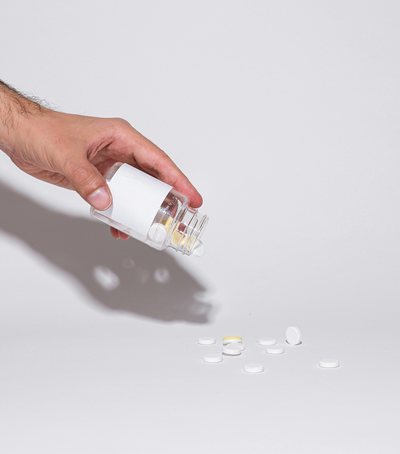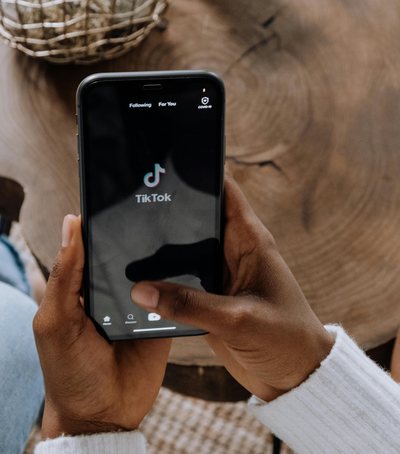
When the mind seeks reward for effort
After a long day or a period of intense concentration, many people feel an irresistible craving for something sweet. It’s not weakness – it’s biology. The brain is one of the organs that consumes the most energy, and its main fuel is glucose. When its levels drop, the brain sends signals seeking reward – usually in the form of sugar.
Sugar, the illusion of instant energy
A piece of chocolate or a sweet treat gives us an immediate feeling of vitality, because it quickly increases blood glucose levels. But this effect is short-lived: then comes the “energy crash,” which brings fatigue, drowsiness, and the need for more sugar. It’s a vicious cycle of short-term pleasure.
How to "trick" your brain with wisdom
The brain doesn't need refined sugar, but slow carbohydrates that release energy steadily. Foods like dates, dried fruits, oats, nuts, or dark chocolate are smart choices that nourish the brain without causing an immediate energy crash.
Craving for dessert is a message, not a fault
Instead of fighting this desire, we can understand it as a signal that the body requires rest, water, or a balanced diet. Often, mental fatigue and lack of sleep are the real causes behind the need for sweets.
The brain needs care, not just sugar
Essentially, food as a reward is the brain’s way of seeking love and regeneration. It’s not just a matter of taste, but of inner balance. And sometimes, a handful of dates or a deep breath are worth more than any cake – because they fuel the energy that comes not from sugar, but from calm.
Photo by Susanne Jutzeler, suju-foto : https://www.pexels.com/photo/strawberries-1132558/





